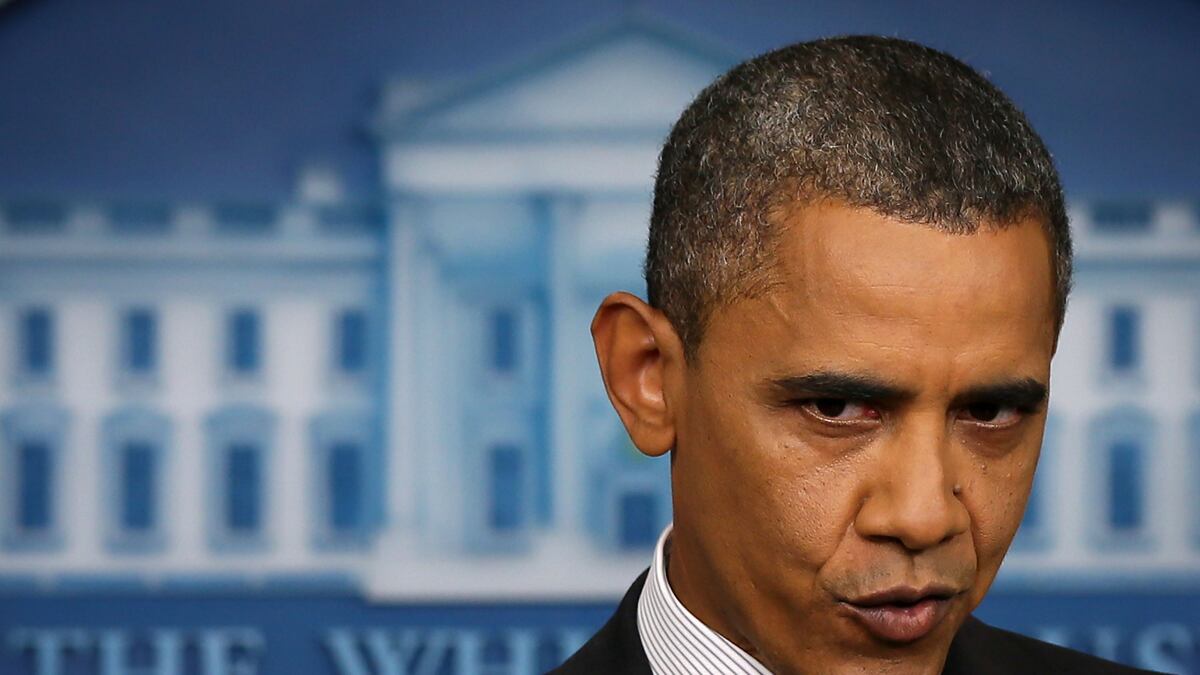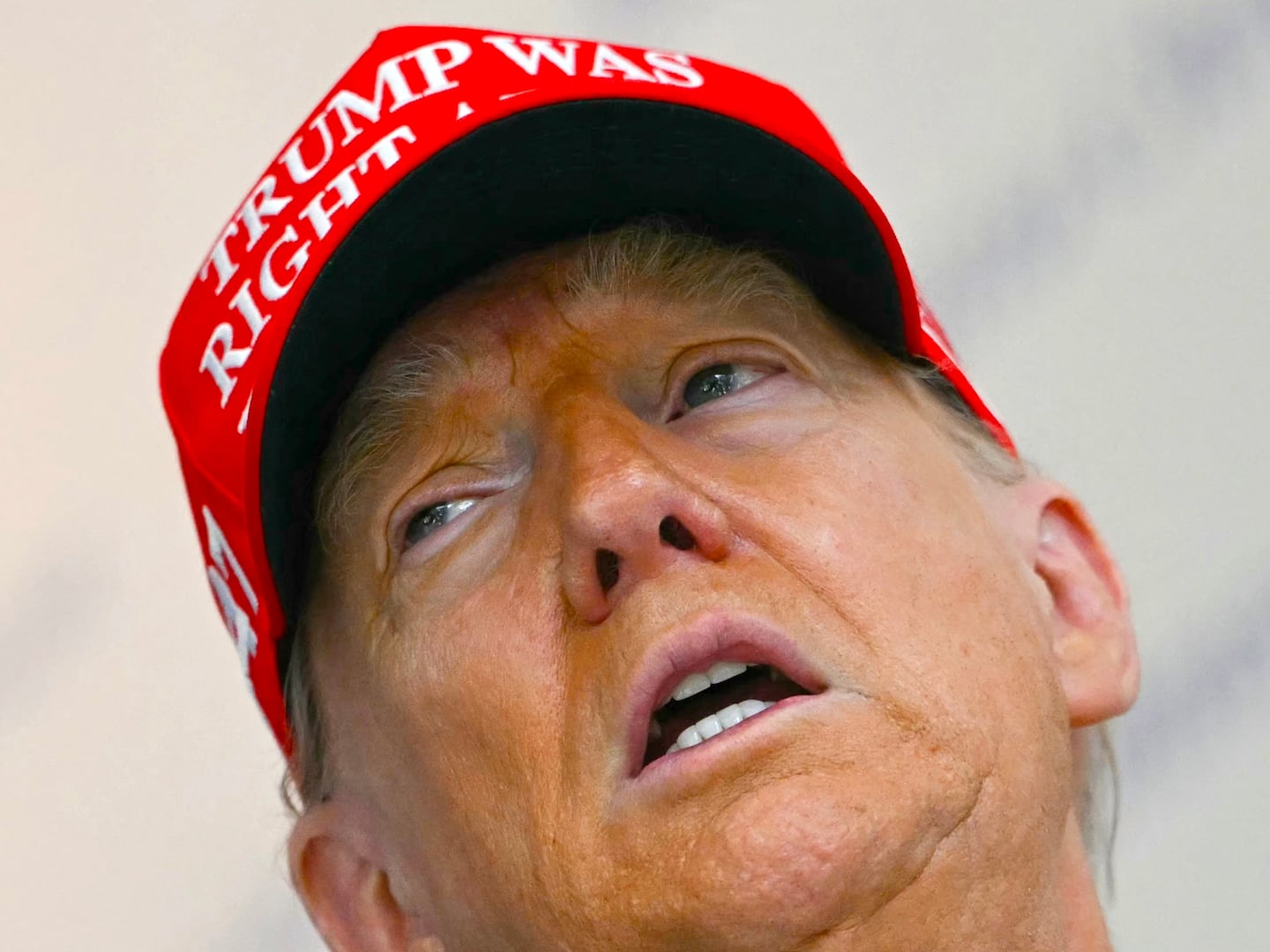The back-and-forth between the United States and Syria over chemical weapons reached a new height on Monday—and this time it was Barack Obama who ratcheted up the dialogue. “That’s an issue that doesn’t just concern Syria,” he said at a press conference in Washington. “It concerns our close allies in the region, including Israel. It concerns us.”

The issue of the Bashar al-Assad regime’s suspected stockpile of chemical weapons has weighed heavily on the international community as the uprising against Assad rages on, and in increasingly bloody form. Concerns flared up last month amid reports that the regime had started moving some of the weapons, though whether the movements were motivated by a possible deployment of the arsenal or simply for safekeeping was unclear.
The concerns are twofold: will the weapons fall into the hands of one of the little-understood groups taking up arms in the rebellion against Assad? Or will the regime deploy them as part of its vicious efforts to put that rebellion down? “The truth is, we just don’t know,” one American official told The New York Times last month.
After the reports gained steam, the Assad regime addressed them directly. Jihad Makdissi, a spokesman for the Foreign Ministry, both acknowledged that the regime possessed chemical weapons and threatened to use them against foreign forces in the event of an outside attack. But he promised that Syria would not use chemical weapons against its own people. “Syria will not use any chemical or other unconventional weapons against its civilians, and will only use them in case of external aggression,” Makdissi said in late July.
In the weeks since, the regime has only upped the ante in its crackdown against the rebellion and the collateral damage that kills more civilians by the day. It has leveled neighborhoods in Aleppo, Syria’s largest city and commercial center, with heavy artillery, helicopter gunships, and fighter jets. Shelling has raged even in the capital, Damascus, amid unconfirmed reports Monday of killings and torture in neighborhoods there. Activists, meanwhile, reported on Monday that a female Japanese journalist had been killed while covering the fighting in Aleppo, and that three other journalists—from Turkey, Lebanon, and an unidentified Arab country—had gone missing there.
Even those in places that seem outside the main theaters of fighting one day, such as the Aleppo suburb of Azaz, can see themselves targeted by air raids the next. “Assad is trying everything now,” said Louay al-Mokdad, a spokesman for the rebel Free Syrian Army, sounding beleaguered after Azaz was attacked unexpectedly last week. The attacks killed some kidnapped Shiite Lebanese pilgrims being held in Azaz, which Mokdad and others saw as a regime attempt to stir up sectarian tensions across the border. “The regime is playing all its cards,” he said.
The idea that the Assad regime will not go quietly seemed to be the impetus for Obama’s remarks Monday. He gave no proof that a chemical weapons attack might be imminent, but he hinted that it would be unwise to rule one out. “The likelihood of a soft landing [for the conflict] seems pretty distant,” he said.
Obama also threatened military action if America’s concerns over chemical weapons in Syria reached a head—whether the threat came from the Assad regime or from the other actors in the fight. Reports of Islamist and jihadist groups taking hold in the rebel effort have been gaining steam of late. “We cannot have a situation in which chemical or biological weapons are falling into the hands of the wrong people,” Obama said. “We have communicated in no uncertain terms with every player in the region that that’s a red line for us.”
Many rebels, like Gen. Mustafa Sheikh, the head of the FSA military council, say they have no doubt the Assad regime will go to any length to preserve its rule, including deploying chemical weapons. "They want to burn the country,” he told Reuters last month. “The regime cannot fall without perpetrating a sea of blood.”






